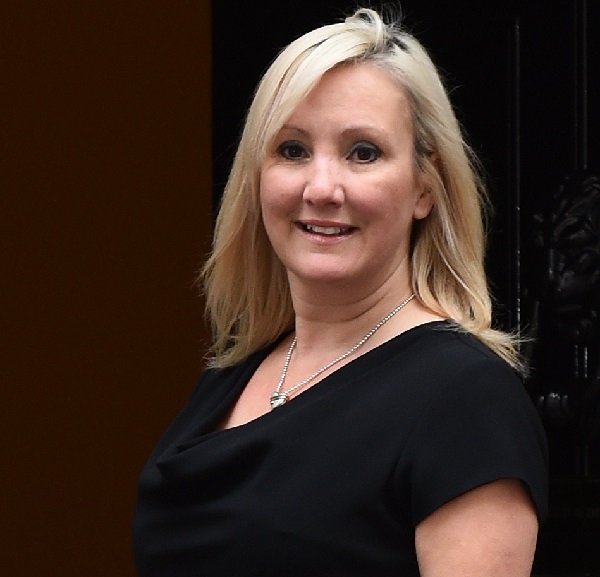- Friday, April 19, 2024

By: Radhakrishna N S
By Caroline Dinenage
Minister for digital, culture, media, and sport.
CONSPIRACY theories are as old as the hills. But with coronavirus forcing us to live more and more of our lives online, they are posing a grave new threat, particularly to Asian communities in the UK.
It was Safer Internet Day on Tuesday (9), which this year focuses on the reliability of information in the online world. We must use the moment to take action to combat the rise in quack theories and fake news about vaccines which spread too easily on social media.
This week, nine in 10 adults said they had either received the vaccine or would be likely to take it if offered. But research has shown the take-up of the vaccines is low among British Asians. This is concerning because the community is more at risk from coronavirus, with higher rates of infection.
The reasons for the increased risk of infection are complex and the situation is not helped by the rise in false information online specifically targeting the Asian community. For example, despite the UK’s independent regulator of vaccines publicly confirming that the Oxford/AstraZeneca and Pfizer/Biontech vaccines do not contain any animal products, we have seen misleading posts shared on social media claiming exactly the opposite.
It is natural for people to have concerns about vaccines and they should be able to ask questions about them. But those answers must come from the medical experts and official sources of information rather than, for example, messages with unknown origins forwarded hundreds of times on Whatsapp.
Fake news is often deliberately designed to provoke fear and paranoia in the reader. If something sounds unbelievable, it probably is. Independent fact-checking services are correcting false information about coronavirus and vaccines every day. But I advise people to check the facts about vaccinations and coronavirus on the NHS website and gov.uk and seek out authoritative sources of information like Eastern Eye.
The government is fighting back against the rising tide of misinformation. Since April last year, we have focused our efforts on ensuring the public is informed about coronavirus. Our SHARE checklist (sharechecklist.gov.uk/) aims to educate and empower people who see, inadvertently share and are affected by false information.
We have set up specialist government units to help identify, debunk and remove false information on social media about vaccines and we’re working closely with the companies that run and own these platforms too.
In November we secured a commitment from Facebook, Twitter and Google not to profit from this kind of material on their sites and to respond to it quicker when it’s flagged to them for removal.
As the UK’s minister responsible for the tech sector, I will continue to push the tech giants to go further and faster to tackle this dangerous disinformation in the coming critical days and weeks of vaccine rollout.
We must build awareness in younger generations and to do this, we have incorporated online safety into the school curriculum. This will give children the critical thinking skills to spot and avoid fake news. We will launch a new media literacy strategy to drive this forward later this year.
Most important, in December, we unveiled groundbreaking new laws to usher in a new age of accountability online.
Our upcoming online safety bill will put a new legal duty of care on online companies to keep UK citizens safe on their platforms. They will have to explicitly state how they will tackle content on their sites which could cause significant physical or psychological harm. This includes dangerous disinformation and misinformation about vaccines, and will help bridge the gap between what companies say they do and what happens in practice.
There will be tough fines, running into billions of pounds for the largest social media platforms, if they fail to act.
We’ve also been working with trusted faith and community leaders to get accurate advice and information about vaccines out to the people who need to hear it. This includes targeting information via TV, radio and social media, and making sure it is translated into 13 languages including Bengali, Punjabi, Hindi, Urdu and Gujarati.
The UK is leading the way in rolling out safe, effective vaccines that will save lives and pave the way for our journey out of lockdown. We’ve now vaccinated more than 12 million people with their first dose and, with every single jab, we’re closer to defeating Covid-19.
Let’s not let lies about vaccines derail our fight against the virus and our efforts to get back to normality. I encourage everyone, when you get the call, to book an appointment to get the vaccine.